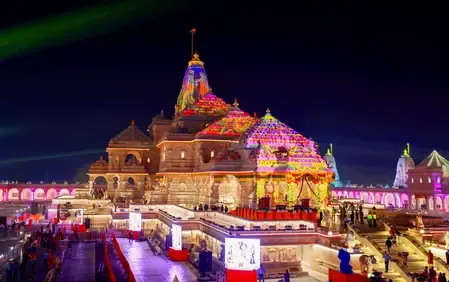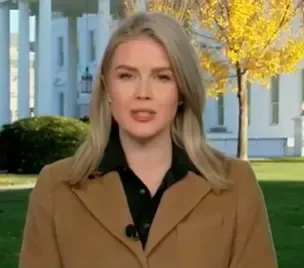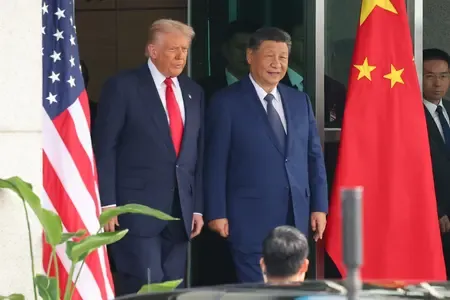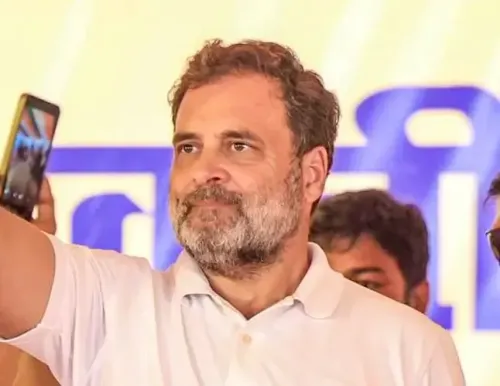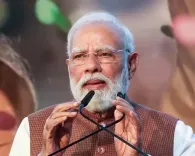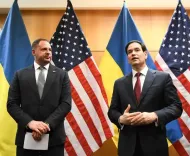Why Did the SC Reject the Plea Against Telangana's BC Reservation Order?
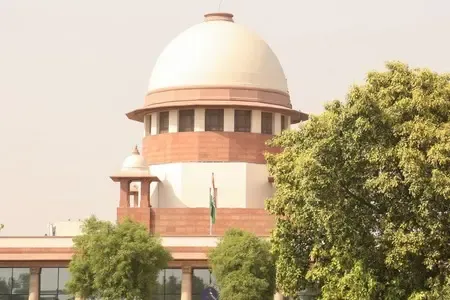
Synopsis
Key Takeaways
- Supreme Court dismisses plea against Telangana's reservation order.
- Telangana government pledges 42% reservation for BCs in local governance.
- Legal disputes concerning reservations are ongoing.
- Local body elections are set for October-November.
- State's commitment to BC representation remains strong.
New Delhi, Oct 6 (NationPress) The Supreme Court has, on Monday, declined to accept a writ petition that challenged the Telangana government's directive to allocate 42 percent reservation to the Backward Classes (BCs) in rural local bodies across the state.
A bench consisting of Justice Vikram Nath and Justice Sandeep Mehta chose not to hear the petition, noting that the issue is already under consideration by the Telangana High Court, and dismissed the petition submitted by Vanga Gopal Reddy.
Senior attorneys Abhishek Manu Singhvi, Siddharth Dave, and A.D.N. Rao, representing the state government, informed the bench that there are two existing petitions pending in the High Court.
The bench inquired as to why the petitioner opted to file under Article 32.
When the petitioner pointed out that the High Court had not issued a stay, the bench questioned how the Supreme Court could be approached when the High Court had denied the stay.
Deputy Chief Minister Mallu Bhatti Vikramarka, accompanied by Ministers Ponnam Prabhakar and Vakiti Srihari, expressed satisfaction with the Supreme Court's ruling.
Speaking to the media outside the Supreme Court, the Deputy Chief Minister affirmed the state government's commitment to provide 42 percent reservation for BCs in education, employment, and local governance.
He stated that the state government is poised to implement the BC reservation in local body elections.
"With local body elections underway, the state government has passed a Bill and issued a government order (GO). We are steadfast in our position and will advocate for it," he remarked.
The Deputy Chief Minister and state Ministers had previously conferred with Manu Singhvi, who is also a member of the Rajya Sabha representing Telangana, and Dave.
Government attorney Shravan Kumar and Congress BC Cell Chairman Anil Jaihind were also in attendance.
The officials informed the lawyers that the GO for 42 percent reservations for BCs in local bodies was issued in accordance with the guidelines set by the Supreme Court.
They emphasized that the GO was enacted following a caste survey, the collection of empirical data on BCs, the establishment of a dedicated BC Commission, and an expert group’s analysis of the caste survey findings.
The State Election Commission recently announced the schedule for rural local body elections, which will take place in five phases during October and November this year.

